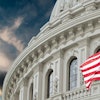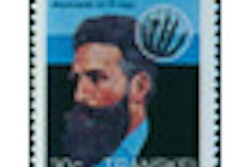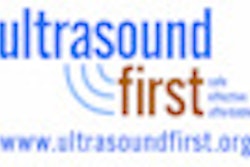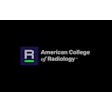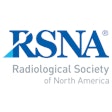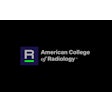Another 16 medical specialty societies have joined the Choosing Wisely campaign, developing lists of medical tests that should be scrutinized before being ordered for patients.
Choosing Wisely was launched in 2011 by the American Board of Internal Medicine (ABIM) Foundation as a way to draw attention to potential unnecessary medical exams that are contributing to waste in the healthcare system. Each medical specialty that joins the campaign releases a list of five tests in its area of practice that should be discussed before being ordered; in April 2012, nine specialties released a total of 45 questionable procedures.
The addition of this week's specialties brings to 130 the number of medical tests covered by Choosing Wisely. Some of the potentially questionable imaging-related tests are listed below, along with the medical societies that contributed them:
- CT scans for children with minor head injuries -- American Academy of Pediatrics. About 50% of children who visit hospital emergency departments with minor head injuries receive CT scans. Instead, children should undergo clinical observation before the use of CT.
- Echocardiography to assess cardiovascular risk in patients who are asymptomatic and have low risk of coronary disease -- American Society of Echocardiography. There is very little information on the benefit of using stress echo in asymptomatic individuals, both as a standalone test or in addition to risk-factor analysis.
- PET scans for evaluating patients with dementia -- Society of Nuclear Medicine and Molecular Imaging. Without objective evidence of dementia, the potential benefit of PET is unlikely to justify the cost or radiation risk.
- Imaging of the carotid arteries in the neck for fainting, in the absence of other neurologic symptoms -- American Academy of Neurology. Carotid artery disease does not cause fainting; therefore, imaging the carotid will not identify the cause of the condition.


